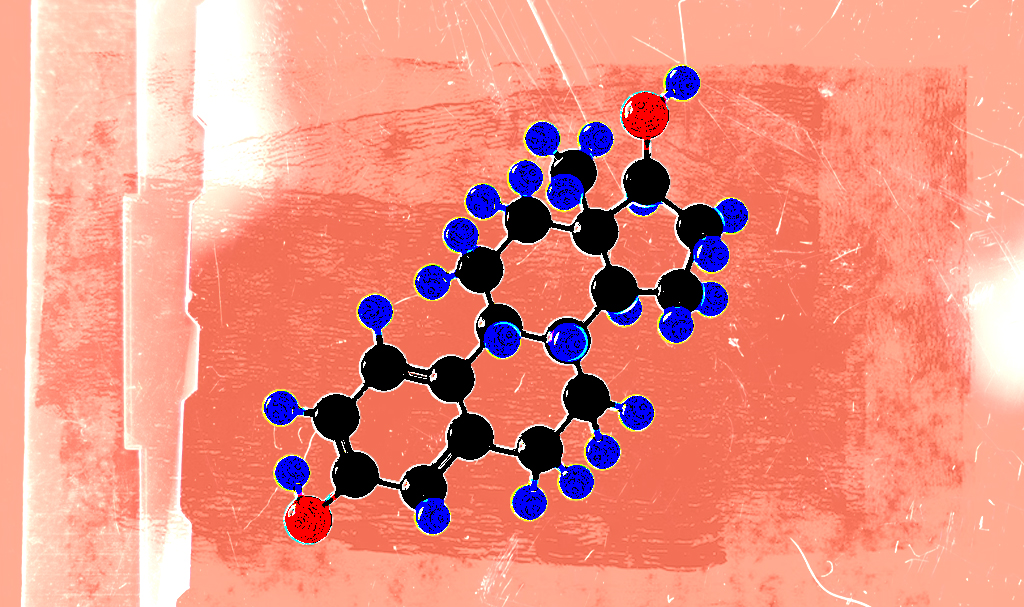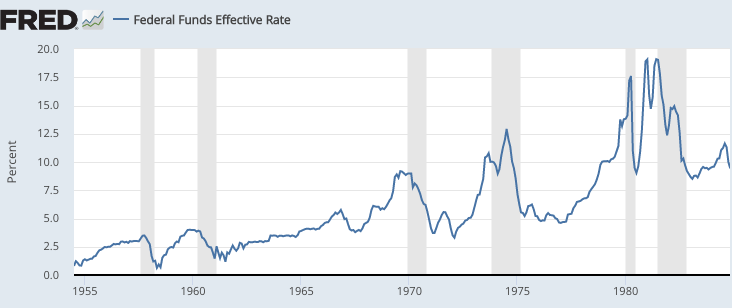[ad_1]

Asian Scientist Magazine (Dec. 11, 2023) — About 75% of breast cancers are fueled by naturally occurring female sex hormone—estrogen. These cancer cells carry the hormone receptors, estrogen receptor alpha (ERα) on their surfaces, which allows them to bind to circulating estrogen in the body. Once clicked into place, the hormone responsible for female sexual development boosts tumor growth.
This explains why anti-estrogenic therapies have been famously successful in targeting ERα-positive breast cancers. However, it was a mystery for scientists to discover that cancers which did not express estrogen receptors also responded to the hormone.
In a study published in the British Journal of Cancer, a team of scientists from the Institute for Genetic Medicine (IGM) at Hokkaido University, may have found answers by exploring how estrogen impacts the immune cells within the tumor microenvironment (TME)—the intricate ecosystem surrounding the cancer site.
“Generally speaking, estrogen directly affects cancer cells to promote cell survival and proliferation, and this has been considered to hold true only for estrogen-sensitive cancers,” explains Nabeel Kajihara, lead author of the paper. “Estrogen is also documented to play other roles in the tumor microenvironment, effectively suppressing the immune response and protecting tumors.”
Immune cells are among the various tissues in the body that express estrogen receptors. Although the TME, which includes different immune system elements, plays a pivotal role in determining tumor fate, our understanding of how estrogen affects the immune response to cancer, particularly in the case of more aggressive ERα-negative cancers, has been limited.
Kajihara and his colleagues analysed patient data from The Cancer Genome Atlas (TCGA) and conducted additional experiments using cell culture and mouse models. The clinical data indicated that estrogen exposure suppressed the activation of cytotoxic T lymphocytes (CTLs), which are immune cells responsible for recognizing and destroying cancer cells. The team confirmed this observation in mouse models of the ERα-negative cancers, triple negative breast cancer (TNBC) and colon cancer.
Taking one step further to confirm that estrogen was favouring tumor growth, the researchers used clinically-approved anti-estrogenic drugs to treat these estrogen-negative cancers in mice. Indeed, therapy with the most potent estrogen signal blocker, fulvestrant, as well as two other drugs, tamoxifen and anastrozole, resulted in a significant reduction in tumor size.
While attempting to understand the mechanism behind this, the team discovered that estrogen inhibited the release of interleukin-2 in CTLs, chemicals which are known for its role in promoting the differentiation and expansion of these immune cells. This IL-2 inhibition was reversed with the anti-estrogenic drug, fulvestrant.
The study had showed for the first time that estrogen accelerated the progression of ERα-negative cancers by influencing immune cells and creating an immunosuppressive environment to shield the tumors. Most notably, Kajihara and his colleagues reported that combining estrogen signal blockers with a class of anticancer drugs called immune checkpoint inhibitors (ICIs) had a dramatic anti-tumor effect in ERα-negative TNBC cancer in mice.
“We have demonstrated that anti-estrogenic therapies can potentially maximize therapeutic efficacy of cancer immunotherapy regardless of tumor cells’ ERα expression,” said Professor Seino Ken-ichiro, the corresponding author of the paper. “However, this is only the first step; future clinical research is required to develop cancer therapies that utilize this approach.”
Until recently, anti-estrogenic therapy was prescribed exclusively for ERα-positive cancers, overlooking aggressive cancers such as TNBC, skin, and colon cancers that lack hormone receptors. This study provides a rationale for considering anti-estrogenic therapies as potentially beneficial across all cancer types.
Source: Hokkaido University; Image: Shelly Liew/ Asian Scientist Magazine
The article can be found at Blocking of oestrogen signals improves anti-tumour effect regardless of oestrogen receptor alpha expression in cancer cells.
Disclaimer: This article does not necessarily reflect the views of AsianScientist or its staff.
[ad_2]
Source link





















